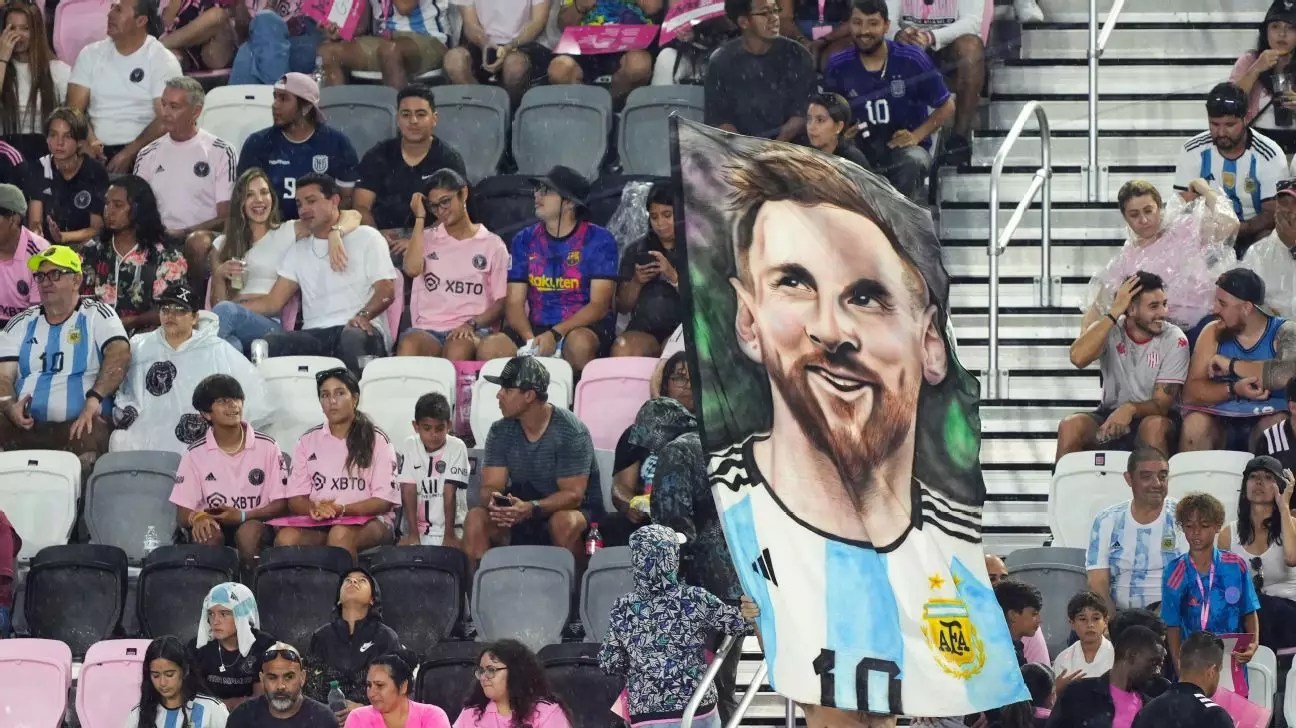Major League Soccer (MLS) finds itself in a unique predicament as the summer of soccer brings together the world’s best players to compete in prestigious tournaments like the Copa América, European Championship, and Paris Olympics. Unlike many other leagues around the world that allow their players to participate in these international competitions without disrupting their domestic league schedule, MLS has chosen to continue playing matches during this crucial period. This decision has sparked criticism from coaches, players, and fans alike, raising questions about the impact on the league’s competitiveness and long-term growth.
Coaches’ Criticisms
One of the most vocal critics of MLS’s decision to play through international tournaments is Gerardo “Tata” Martino, the head coach of Inter Miami. Martino has expressed concern about the significant number of key players from his team who will be absent during the summer window, including superstars like Lionel Messi and Luis Suárez. The absence of these top players not only hampers Inter Miami’s performance on the field during the tournaments but also limits the team’s ability to attract high-quality talent in the future. This raises questions about the league’s competitiveness and its attractiveness to top players who may be deterred by the prospect of missing out on international opportunities.
Other coaches in MLS, such as Phil Neville of the Portland Timbers, have highlighted the competitive disadvantages that teams face when playing through international windows. The absence of key players can create an unfair advantage for opponents who have their full squad available, leading to potentially skewed results in matches. The inability to field the strongest possible lineup due to international commitments can impact teams’ chances of success and ultimately affect the overall quality of competition in the league.
On the other hand, MLS executives like Brad Pursel, the senior vice president of game schedule management, defend the league’s decision to play through tournaments like Copa América. While acknowledging the challenges posed by player absences, Pursel emphasizes the importance of maintaining the league’s schedule and maximizing match dates to ensure fan engagement and interest in the sport. Despite the criticisms, MLS prioritizes the consistency and popularity of summer matches over accommodating international tournaments.
The repercussions of MLS playing through international tournaments extend beyond individual matches, influencing roster construction and team dynamics. With strict salary cap regulations and complex roster rules, teams must navigate the delicate balance between signing quality players and ensuring squad depth to withstand international breaks. Coaches like Nick Cushing of New York City FC emphasize the need to recruit players who can fill the gaps left by those on international duty, highlighting the strategic considerations that clubs must make in preparing for such scenarios.
Looking ahead to upcoming events like the 2026 Men’s FIFA World Cup, MLS faces decisions about scheduling breaks to accommodate major international tournaments. While there are discussions about taking a break during the World Cup, the specifics of how this will be implemented remain uncertain. However, the league’s commitment to adapting its schedule for significant global events reflects a recognition of the need to align with international football calendars and balance the interests of domestic and international competitions.


Leave a Reply